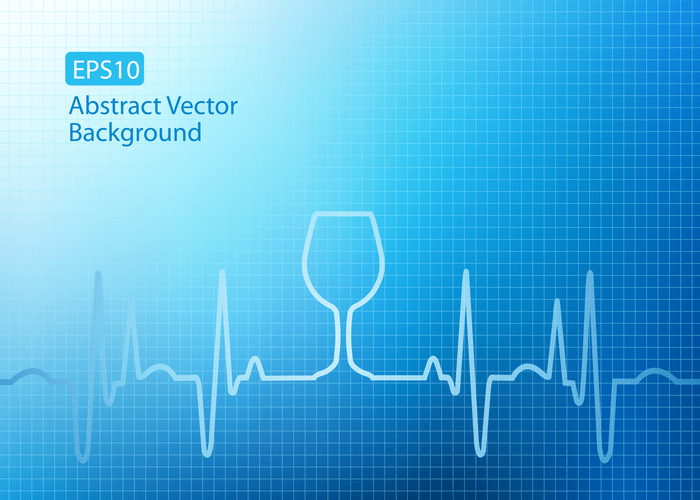Substance use disorders (SUDs) are a pervasive public health problem with deleterious consequences for individuals, families, and society. Furthermore, SUD intervention is complicated by the continuous possibility of relapse. Despite decades of research, SUD Sober living house relapse rates remain high, underscoring the need for more effective treatments. Scientific findings indicate that SUDs are driven by dysregulation of neural processes underlying reward learning and executive functioning. Emerging evidence suggests that mindfulness training can target these neurocognitive mechanisms to produce significant therapeutic effects on SUDs and prevent relapse.
Using technology to support outpatient addiction treatment
Notably, participants in MBIs showed a 57% reduction in substance use, which supports long-term sobriety through the rebalancing of the brain’s reward system. Incorporating meditation into formal addiction treatment settings has shown promising results, complementing traditional therapies with a holistic approach. Meditation offers a natural healing process that can help individuals overcome addiction by instilling a sense of calm, fostering self-awareness, and strengthening mental resilience.
Improved Focus and Concentration
Stop Together can arm you with the mental reinforcements you need to finally say goodbye to porn. Practicing mindfulness meditation is not only beneficial for your physical health but also your emotional/mental health. One of the most effective ways to improve your mentality, so you can stop your “porn habit” is to practice mindfulness meditation. Mindfulness is a tool that can help people stay grounded in the present instead of focusing on the past or future. It can also help people manage their emotions, reduce stress, and increase their general awareness.
- Some forms of meditation can lead to improved self-image and a more positive outlook on life.
- Advanced imaging techniques like fMRI and EEG scans have revealed that meditation can lead to beneficial changes in the brain.
- Among these tools, meditation and mindfulness have emerged as vital components.
- They can help alleviate symptoms linked to substance use disorder, such as managing high blood pressure, insomnia, and chronic pain.
- Repeat this exercise when you feel yourself becoming overwhelmed, stressed, anxious, bored, etc.
Meditation Therapy For Substance Abuse Recovery
- This heightened awareness allows individuals to recognize and manage automatic triggers related to stress and cravings more effectively.
- This deliberate introspection fosters a clearer understanding of one’s inner workings, unveiling patterns and facilitating personal growth.
- Perhaps, your mind started wandering to the grocery list you still need to make – right in the middle of meditating.
- Our licensed medical reviewers, specializing in mental health and addiction medicine, are devoted to assisting readers and potential clients in making informed decisions about their treatment.
Mindfulness meditation specifically has been shown to enhance self-control and awareness of triggers, making it easier for individuals to recognize and manage their cravings. Each meditation technique offers unique benefits that can aid in addressing the specific challenges faced during addiction recovery. By integrating these techniques into daily routines, individuals on the path to recovery can enhance their resilience and increase their chances of maintaining sobriety. Furthermore, guided meditation fosters greater self-awareness, allowing individuals to better understand their thoughts and emotions without https://ecosoberhouse.com/ judgment.
The Ikon Recovery Editorial Guidelines
- One key challenge in addiction recovery is managing intense emotions and triggers.
- Overall, integrating mindfulness into recovery programs reflects a growing acknowledgment of its positive impact on sustaining long-term recovery and enhancing overall emotional well-being.
- Research shows that consistent meditation practice is a strong predictor of recovery capital.
Researchers and clinicians have begun to explore mindfulness-based interventions (MBIs) addiction meditation kundalini for intervening in SUDs and relapse prevention. Evidence supporting the efficacy of MBIs as an intervention for SUDs and for relapse prevention is growing. A recent systematic review from Sancho et al16 included 54 randomized controlled trials (RCTs) targeting either substance or behavioral addictions.

